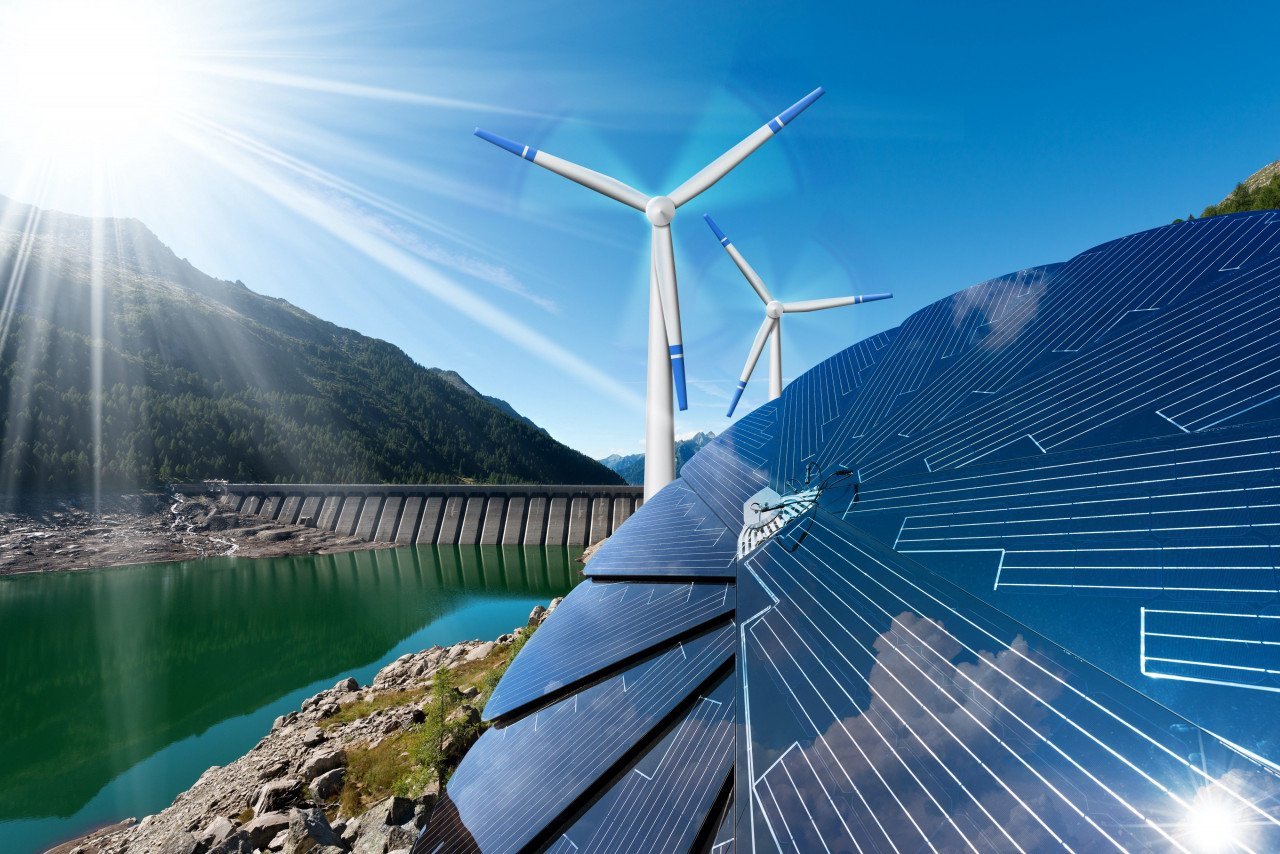Online event
01 ottobre 2021 – h.15.00 – 17.30 CEST
Partecipa all’evento online: https://unipd.zoom.us/j/82202349147

La riduzione delle emissioni e le altre misure di contrasto al cambiamento climatico richiedono la mobilitazione di risorse ingenti (secondo IRENA 4.400 miliardi di dollari l’anno tra oggi e il 2050 per raggiungere la neutralità climatica). Ciò non potrà non avere un effetto sulla spesa delle famiglie: queste ultime vedranno aumentare significativamente il costo delle bollette energetiche, con un probabile aumento del numero di famiglie in povertà energetica (PE). Come ci ha insegnato la vicenda dei gilet jaunes, misure che riscuotono il pressoché unanime consenso tra i tecnici, come l’introduzione di meccanismi per dare un prezzo alle emissioni (con tasse o sistemi di scambio di permessi di emissione), possono fallire senza il consenso sociale necessario a farli funzionare e persistere nel tempo. In questo senso, la Transizione Energetica deve essere accompagnata da puntuali analisi per orientare le politiche: in questa prospettiva, la presente sezione raccoglie 4 contributi empirici volti a valutare costi e benefici delle misure adottate / da adottare.
L’evento è in italiano.
Agenda
h 15.00 – 15.30 – Paper 1: Distributional Consequences of Climate Change Impacts on Energy Demand across Italian Households
– Autori: Lorenza Campagnolo (Dip. di Economia, Ca’ Foscari, e Fondazione CMCC) e Enrica De Cian (Dip. di Economia, Ca’ Foscari, e Fondazione CMCC)
– Abstract: The paper evaluates the distributional implications of climate-induced temperature changes on energy demand and energy poverty in Italy. We use two different simulation approaches that make it possible to analyze to what extent general equilibrium substitution and income effects moderate or amplify the first-order changes induced by climate change. Climate change impacts are regressive. While rich households reduce expenditure on heating fuels more than the poor, less affluent households increase electricity expenditure relatively more. For a given income level, whether households increase or decrease energy expenditure depends on the size of the shock, the existing climate conditions, and the energy sources used. The increase in electricity poor households highlights a new emerging risk related to those households who will be exposed to higher temperatures and will not being able to purchase the cooling services needed to protect themselves because of credit, institutional, infrastructural constraints. We shed new light on the importance of accounting for the distributional consequences of climate change impacts when designing climate policies.
h 15.30 – 16.00 – Paper 2: Households’ energy demand and the effects of carbon pricing in Italy
– Autori: Ivan Faiella (Banca D’Italia) e Luciano Lavecchia (Banca D’Italia)
– Abstract: This paper proposes a novel methodology to estimate the demand and elasticity of electricity, heating, and private transport fuels by aligning the microdata of the Italian Household Budget Survey with several external sources. These estimates are used to evaluate the effects of a set of one-off carbon taxes on energy demand and expenditure. According to our simulations, the increase in energy prices prompted by carbon taxation would decrease energy demand. Our simulations suggest that the effects of carbon taxation are generally regressive: expenditure would increase more for poorer households while their energy demand is compressed. The carbon tax could achieve a significant decrease in GHG emissions and raise revenues, which could be recycled to compensate vulnerable households or reinvested to support the energy transition.
h 16.00 – 16.30 – Paper 3: How efficient is the Ecobonus?
-Autori: Carlo Amenta (Università degli Studi di Palermo) e Carlo Stagnaro (Istituto Bruno Leoni)
-Abstract: Over the past few years Italy has adopted several tax incentives to promote investments in anti-seismic, restoration and energy efficiency retrofitting of residential buildings. Under the current rules a tax credit of as much as 110% of the nominal value of the investment itself is in place for deep renovation and other investments. Is this an efficient policy? This paper, based on publicly available data and international evidence, draws some considerations on the aid design. To begin with, the aid would be likely to spur more additional investments if it was made stable rather than renewed year by year, even at a lower rate. Moreover, its potentially regressive effects should be dealt with by turning it into a means-tested measure, it should be made more easily accessible and it should be better coordinated with the opportunities from competition in electricity retail markets. Finally, as the electrification of residential demand and the greening of the power grid progress, energy efficiency targets might gradually decouple from decarbonization targets
h 16.30 – 17.00 – Paper 4: Regional risk of energy poverty: an index
– Autori: Davide Zampatti (Unipd), Ivan Faiella (Banca d’Italia) Luciano Lavecchia (Banca d’Italia), Paola Valbonesi (Unipd), Raffaele Miniaci (Unibs),
– Abstract: This contribution aims to formulate an index of household energy poverty risk at the municipal level. The method is based on evaluating observable factors of an economic, social, demographic, and geographical nature combined with data from energy performance certificates, e.g., average income, elderly population share, education, occupation, age of buildings and energy efficiency of buildings. Therefore, an energy poverty risk index at municipal level is created based on data from the ISTAT continuous census and CENED2 data. A spatial correlation analysis is also carried out through spatial association indicators which show where poverty is clustered, besides this, the risk of energy poverty is related to immigrants’ presence. Preliminary results show how energy poverty is widespread in mountain areas and in near Po river areas, especially in eastern Lombardy.
h 17.00 – 17.30 Discussione e Chiusura evento
HOW TO PARTICIPATE
Partecipa all’evento online: https://unipd.zoom.us/j/82202349147
Link evento Università di Padova: http://levicases.unipd.it/convegno-politiche-per-la-transizione-energetica-ed-effetti-redistributivi/
Festival dello Sviluppo Sostenibile 2021: https://bit.ly/3kyiQ1T
Info: [email protected]
ORGANIZED BY:


